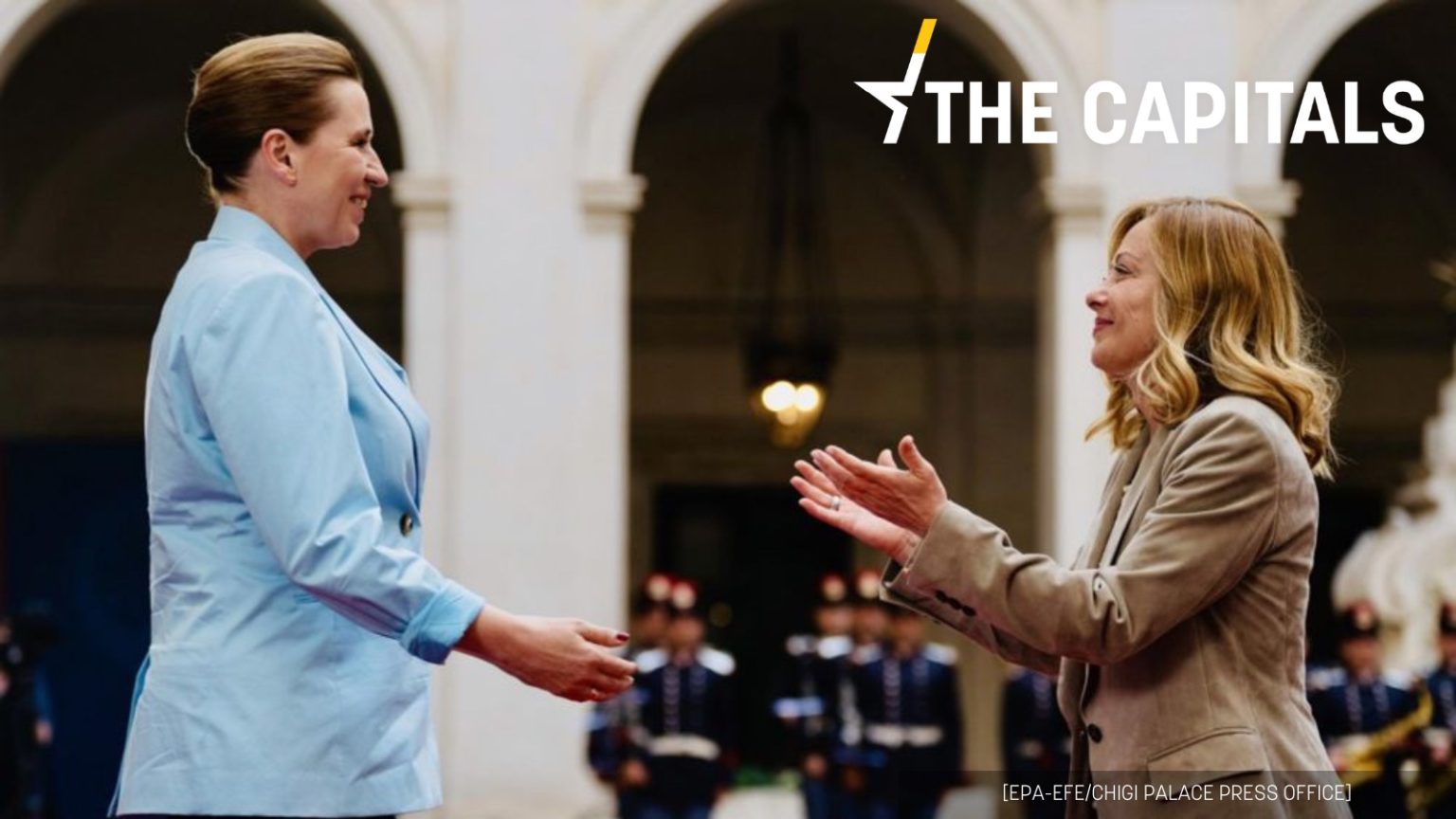Denmark and Italy have jointly renewed calls for a political debate on the future role and scope of the European Court of Human Rights (ECHR), raising concerns over what they view as judicial overreach and the court’s growing influence on national policymaking.
The push for discussion was made public during a European capitals briefing reported by Euractiv on May 27, 2025, where both governments emphasized the need to rebalance power between European institutions and national democracies.
Concerns Over Sovereignty
Danish and Italian officials argue that recent rulings from the Strasbourg-based court have interfered in matters traditionally under national jurisdiction, including immigration, criminal justice, and social policies.
The two countries are not seeking to withdraw from the court or abandon the European Convention on Human Rights, but they are pressing for a reassessment of the court’s mandate, especially when it comes to politically sensitive issues.
“We respect the court’s role, but national governments must have room to make decisions in the interest of their citizens,” a Danish official said.
Support and Opposition Across Europe
The call has drawn mixed reactions from other EU and Council of Europe member states. Some eastern European countries, such as Hungary and Poland, have expressed support for limiting what they view as activist interpretations by the ECHR.
However, human rights organizations and legal experts warn that such proposals could weaken judicial independence and erode protections for individual freedoms across Europe.
Previous Tensions With the Court
Denmark previously clashed with the court over immigration rulings, including judgments blocking deportations, while Italy has faced ECHR scrutiny over prison conditions and law enforcement practices.
Both governments say the current situation risks turning the court into a “quasi-legislative body,” rather than a judicial one tasked with ensuring compliance with human rights norms.
No Formal Proposal Yet
While Denmark and Italy have not yet tabled a formal reform plan, officials say they intend to initiate a structured dialogue among European capitals in the coming months. The issue is expected to surface at upcoming Council of Europe meetings.
Legal analysts suggest any significant reform would require broad consensus among member states and possible amendments to existing treaties.
The move adds to ongoing debates within Europe about balancing human rights protections with national sovereignty, particularly in areas where courts and governments increasingly clash over values and policy.
Source; Euractiv



